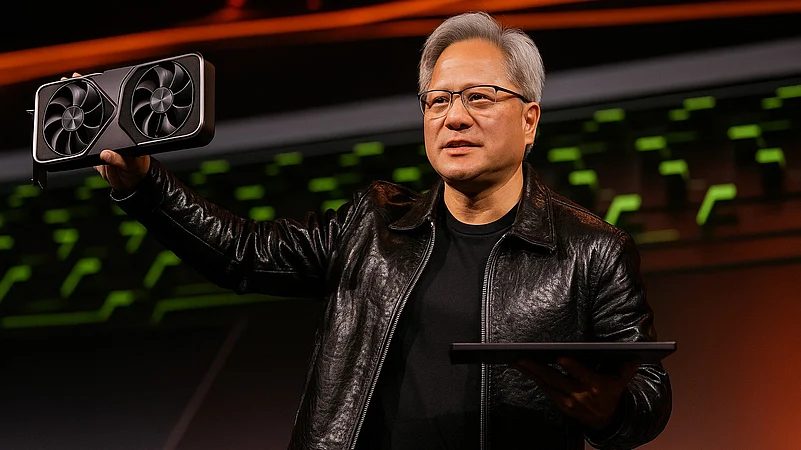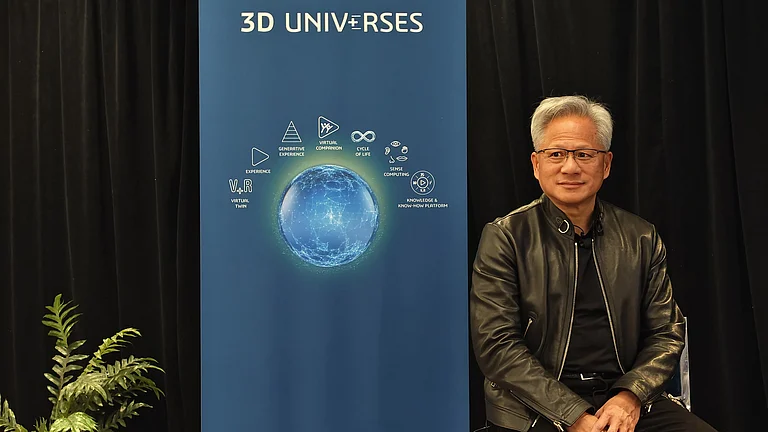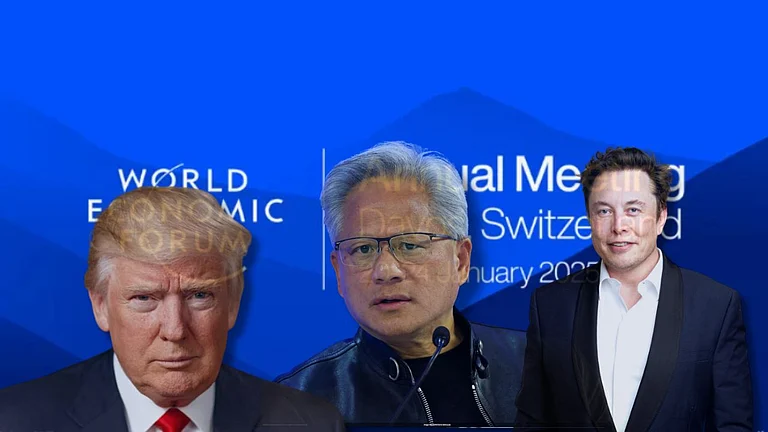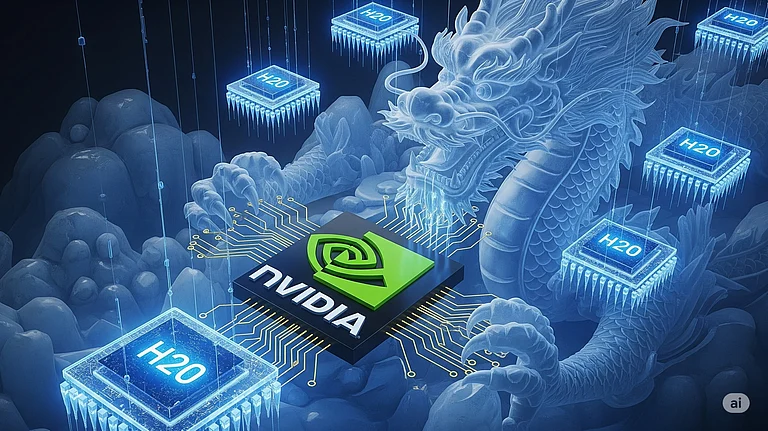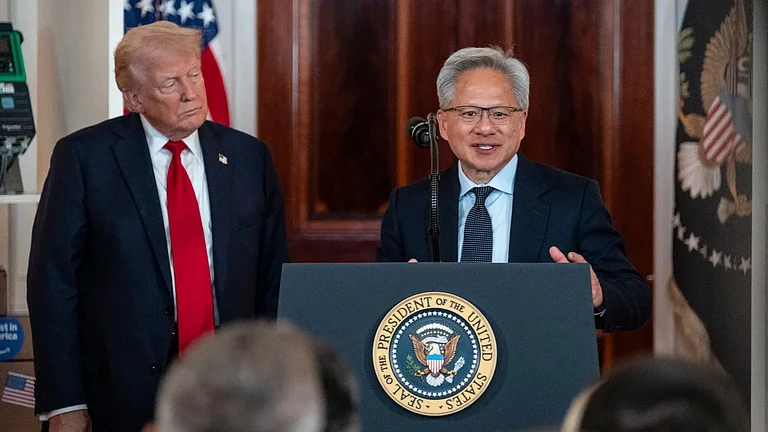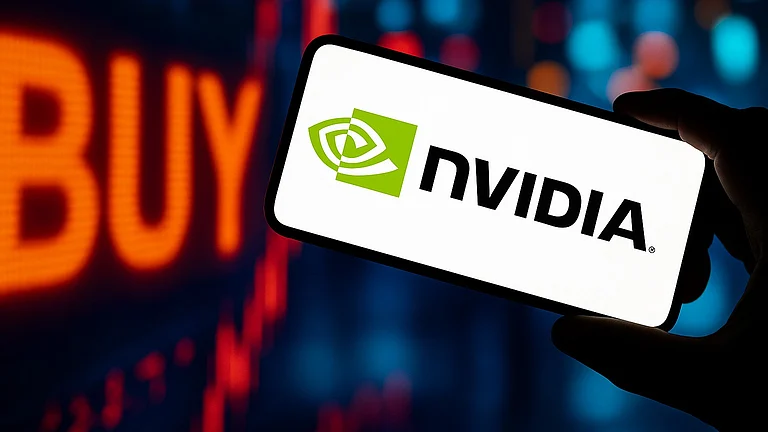Nvidia Corp chief executive Jensen Huang said that Chinese AI rivals are filling the gap left by US companies’ exit from the market and that their technology is becoming more advanced.
US export restrictions have effectively barred Nvidia from China, the world’s largest chip market and the company is expected to lose $8 billion in revenue this quarter alone. During its quarterly earnings call and an interview on Wednesday, May 28, 2025, Huang urged the US government to ease the restrictions.
“Chinese competitors have evolved,” Huang told Bloomberg Television. He said Huawei Technologies, blacklisted by the US government, has become “quite formidable”.
Rather than preventing AI technology from reaching China, the export curbs are prompting local firms to seek domestic alternatives, Huang explained. He argued that companies such as Tencent Holdings should not be criticised for turning to Huawei when they can no longer rely on US suppliers.
Call to Relax Export Controls
On the earnings call, Huang said the restrictions should support US platforms rather than diverting global AI talent to competitors. He added that the measures do not stop China from accessing cutting-edge AI but merely incentivise consumers to buy home‑grown products.
Huang noted that major clients, such as Tencent, have been forced to switch to Huawei because they lack access to US chips.
He also observed that the technology gap between China and the US is narrowing: Chinese firms are “quadrupling capabilities every year”. He said Huawei’s newest AI chip now matches the performance of Nvidia’s former flagship, the H200.
Under the new rules, Nvidia cannot ship its H20 chips to China. The H20 is a scaled‑down version of the H200, and Huang told Bloomberg that its capabilities cannot be further degraded. Nvidia is exploring alternatives, but no new processor is yet planned. When it does develop one, it will need authorisation from Washington.






